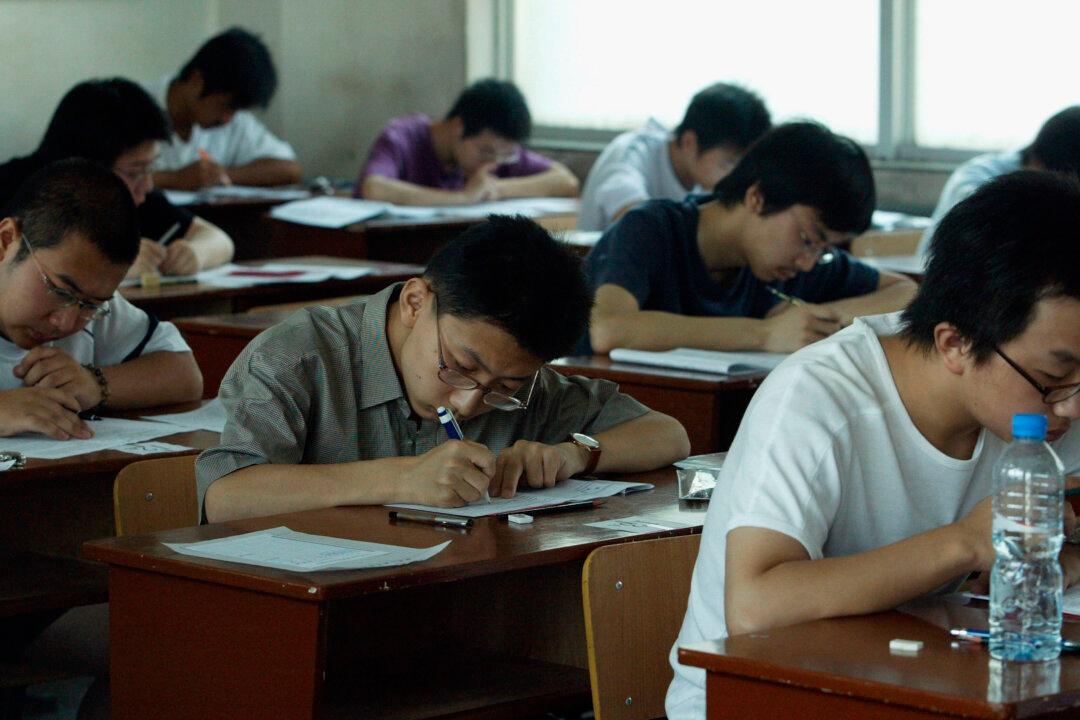Yang Shaozheng, a famous economics professor at China’s Guizhou University, recently revealed that the university stopped paying his wages earlier in September. This comes after the university suspended him indefinitely in November 2017 for advocating constitutionalism and the rule of law to his students.
Yang’s comments were a public display of criticism toward the Chinese Communist Party that the school disapproved of.





